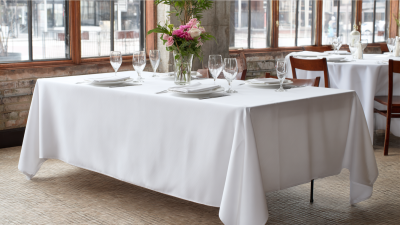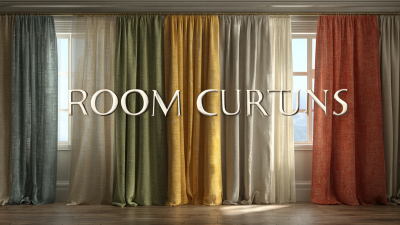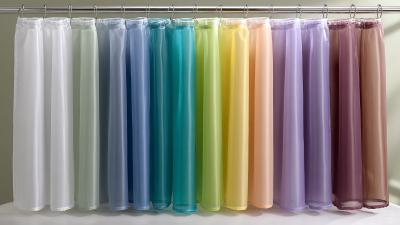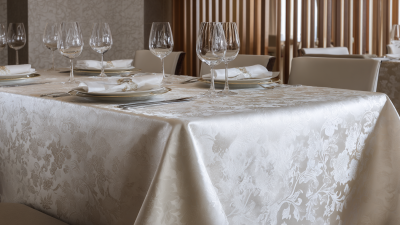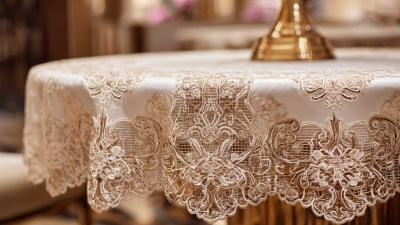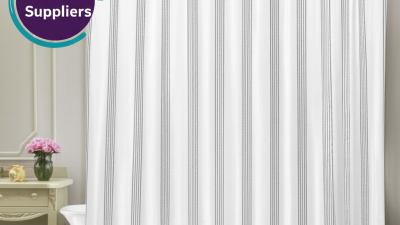In the world of event planning and décor, the details often make a significant impact, and one of the key elements that can elevate any gathering is the use of a fitted tablecloth. Whether for weddings, corporate functions, or casual celebrations, custom fitted tablecloths not only enhance the aesthetic appeal of your tables but also serve a functional purpose by fitting snugly and securely around various shapes and sizes of tables. This blog will guide you through innovative solutions for fitted tablecloth customization, showcasing a variety of techniques and materials that can make your tables stand out. From selecting unique fabrics to incorporating personalized designs, we’ll explore how to transform ordinary tablecloths into stunning focal points that reflect your creative vision and the essence of your event. Join us as we embark on a journey to elevate your table settings with these practical and stylish customization ideas.
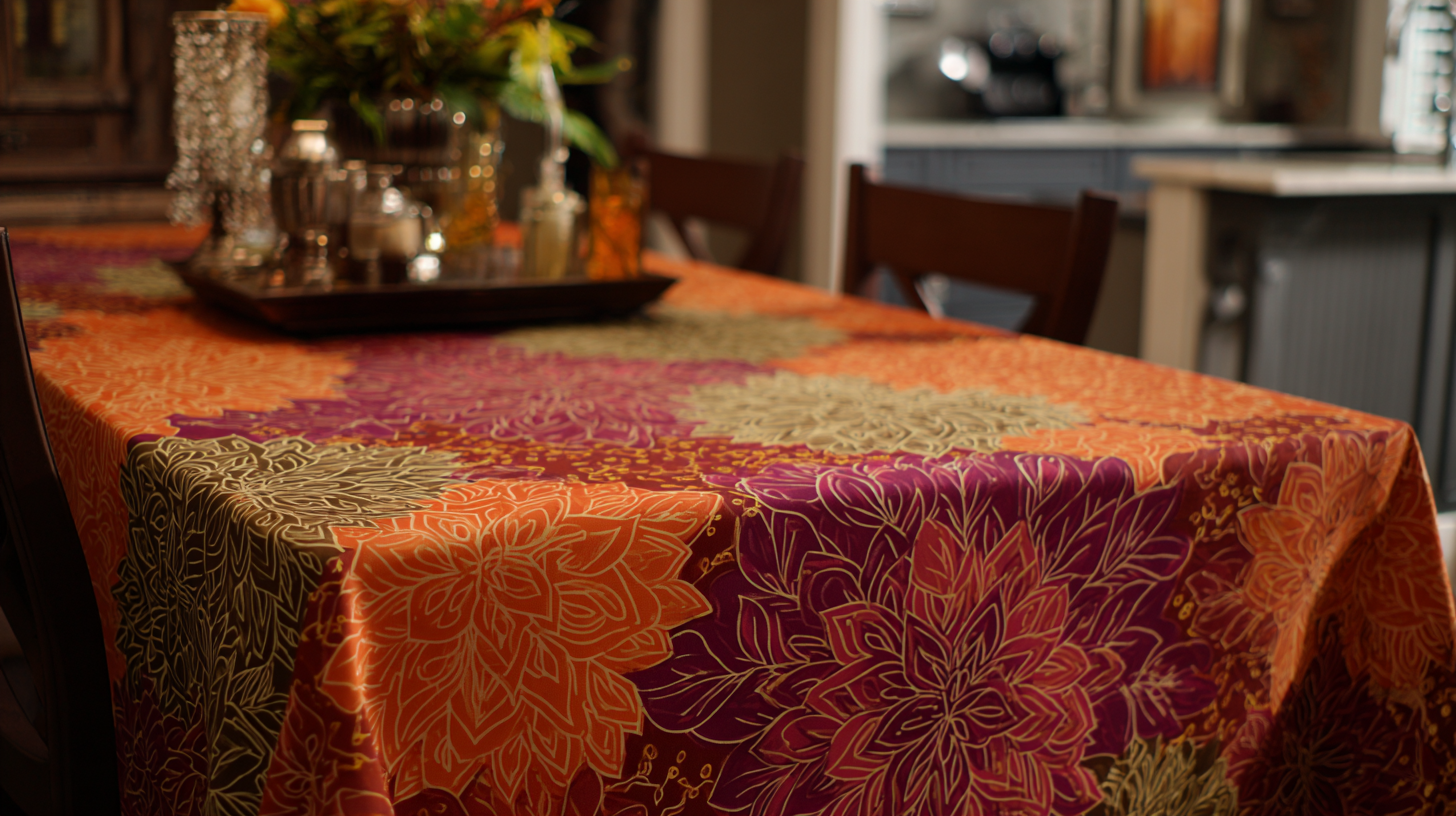
In the digital age, the customization of fitted tablecloths has undergone a transformative evolution, driven by advancements in technology and changing consumer preferences. According to a recent report by Market Research Future, the global custom tablecloth market is projected to grow at a CAGR of 5.7% from 2021 to 2026. This surge can be attributed to the growing demand for personalized branding in events and exhibitions, where businesses leverage fitted tablecloths to enhance their visibility and create a memorable impression.
The rise of digital printing technologies and online design tools has played a pivotal role in this evolution. Consumers now have the capability to create highly customized designs from the comfort of their homes, selecting everything from fabric types to intricate patterns. A survey by Statista revealed that around 56% of consumers prefer brands that offer personalization options, showcasing a clear shift towards bespoke solutions in the event marketing sphere. This trend not only reflects changing consumer behaviors but also signifies a move towards greater interactivity and engagement in promotional activities, further solidifying the relevance of fitted tablecloth customization in modern marketing strategies.
The demand for customized tablecloths has surged, driven by the increasing desire for personalization in both commercial and domestic settings. According to a recent report by the Custom Home Decor Market, the market for personalized textiles is projected to grow at a CAGR of 6.5% over the next five years. Digital design solutions are revolutionizing how businesses and individuals approach tablecloth customization, offering significant advantages over traditional methods.
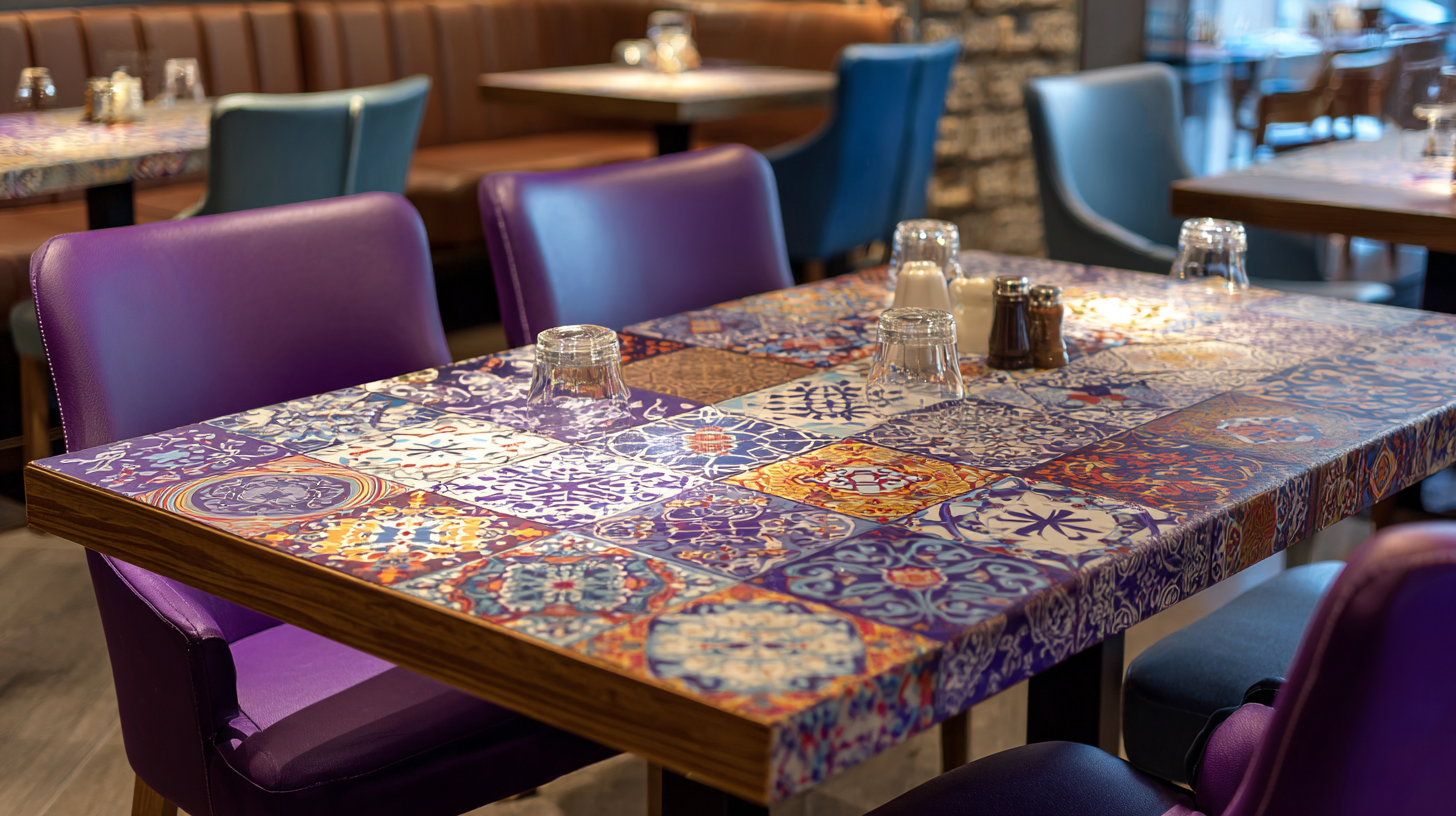
One of the key benefits of digital design is its ability to provide a wide array of options without lengthy lead times. Custom designs can be created and modified on-demand, allowing customers to visualize their unique concepts instantly. A study by the Textile Research Journal noted that digital printing technology allows for over 80% more design variations compared to conventional printing methods, making it easier for companies to cater to individual preferences.
Furthermore, digital design minimizes waste through precise order management. Research from the Environmental Protection Agency highlights that digital textile printing can significantly reduce fabric waste by up to 30%, promoting sustainability within the industry. With enhanced design capabilities, shorter turnaround times, and a focus on environmental consciousness, digital solutions for fitted tablecloth customization are paving the way for a more adaptable and eco-friendly future in textile personalization.
Custom fitted tablecloths serve as a powerful tool for enhancing brand visibility and engagement. By carefully selecting colors, designs, and logos, businesses can create a memorable table presence at trade shows, events, and gatherings. This augmented visibility can significantly impact buyer behavior, as evidenced by studies suggesting that a strong brand image is a vital driver for potential customers. When attendees encounter professionally customized tablecloths, they are likely to remember the brand and its offerings, fostering deeper connections and driving future interactions.
Moreover, the integration of innovative technologies can further amplify the effectiveness of these custom tablecloths. Solutions like advanced monitoring tools can provide real-time feedback on customer engagement and emotions during events, allowing brands to adapt their strategies dynamically. Custom fitted tablecloths not only beautify the display area but can also be enhanced with smart features, such as QR codes that lead to further brand content or promotional materials. This blend of physical and digital branding creates a multi-dimensional engagement experience, making the brand more accessible and memorable to prospective clients.
As the demand for customized tablecloths grows, choosing eco-friendly materials becomes increasingly important. According to a report by Allied Market Research, the global eco-friendly textile market is expected to reach $205 billion by 2025, driven by increasing environmental awareness among consumers. Utilizing sustainable materials not only reduces the carbon footprint but also enhances the brand image of businesses that prioritize sustainability.
Incorporating organic cotton or recycled polyester can significantly lower harmful emissions compared to conventional fabrics. For instance, organic cotton uses approximately 91% less water and avoids hazardous chemicals, making it a healthier choice for both the planet and the end-users. Tips for consumers include looking for certifications such as GOTS (Global Organic Textile Standard) when selecting materials, which ensures adherence to stringent ecological and social criteria.
Furthermore, eco-friendly tablecloths can attract a more conscientious customer base. A study published by Nielsen found that 66% of global consumers are willing to pay more for sustainable brands. By offering customized tablecloths made from recycled or organic materials, businesses not only meet a growing market demand but also contribute to the sustainability movement, fostering brand loyalty among environmentally aware shoppers. Integrating these materials into product lines can lead to increased sales and a positive impact on the environment.
| Feature | Eco-Friendly Material | Benefits | Customizability Options |
|---|---|---|---|
| Durability | Organic Cotton | Long-lasting and resistant to wear | Multiple sizes and colors |
| Sustainability | Bamboo Fabric | Biodegradable and renewable resource | Custom patterns and prints |
| Hypoallergenic | Linen | Gentle on skin, perfect for sensitive users | Embroidery options available |
| Ease of Cleaning | Recycled Polyester | Stain-resistant and easy to wash | Full-color digital printing |
| Water Resistance | Hemp Blend | Natural water resistance | Custom sizing for various tables |
Innovative technologies are reshaping the landscape of tablecloth printing and design, making customization more accessible and exciting than ever before. With advancements like 3D printing and digital textile printing, consumers can now tailor their tablecloths to match their unique tastes and preferences. This shift not only enhances aesthetic appeal but also promotes sustainability by reducing waste in textile production.
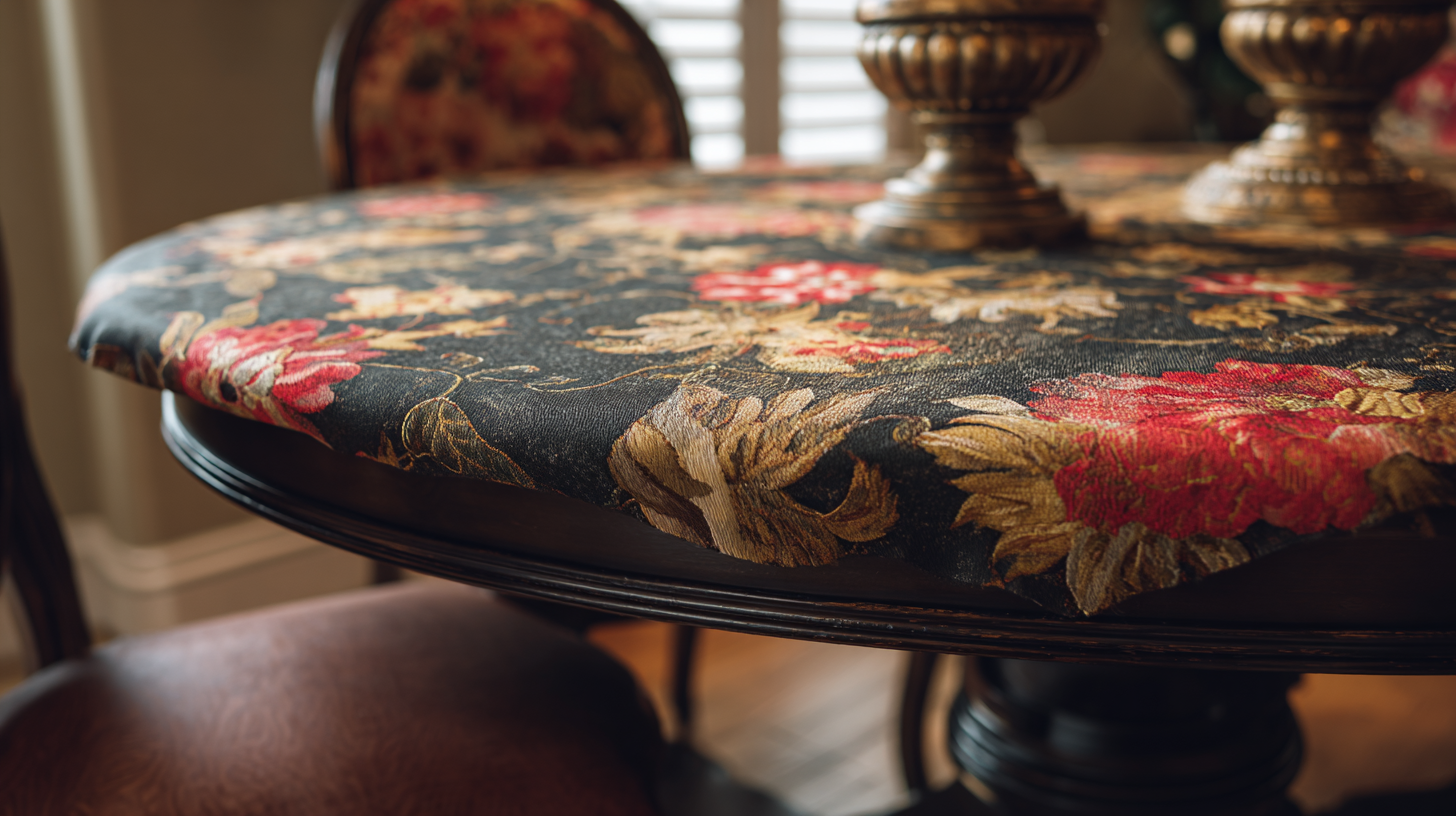
For those looking to customize their tablecloths, consider these tips:
Firstly, choose a digital printing service that uses eco-friendly inks and materials to ensure your designs are both vibrant and sustainable. Secondly, experiment with different textures and finishes that can be incorporated through innovations like liquid printing technology, creating a unique tactile experience for your guests. Lastly, embrace seasonal trends by updating your designs regularly, allowing your table settings to reflect the time of year while keeping your decor fresh.
The integration of cutting-edge technologies in the textile industry opens the door to endless possibilities for customized tablecloths, ensuring that every dining experience is memorable and uniquely yours.
